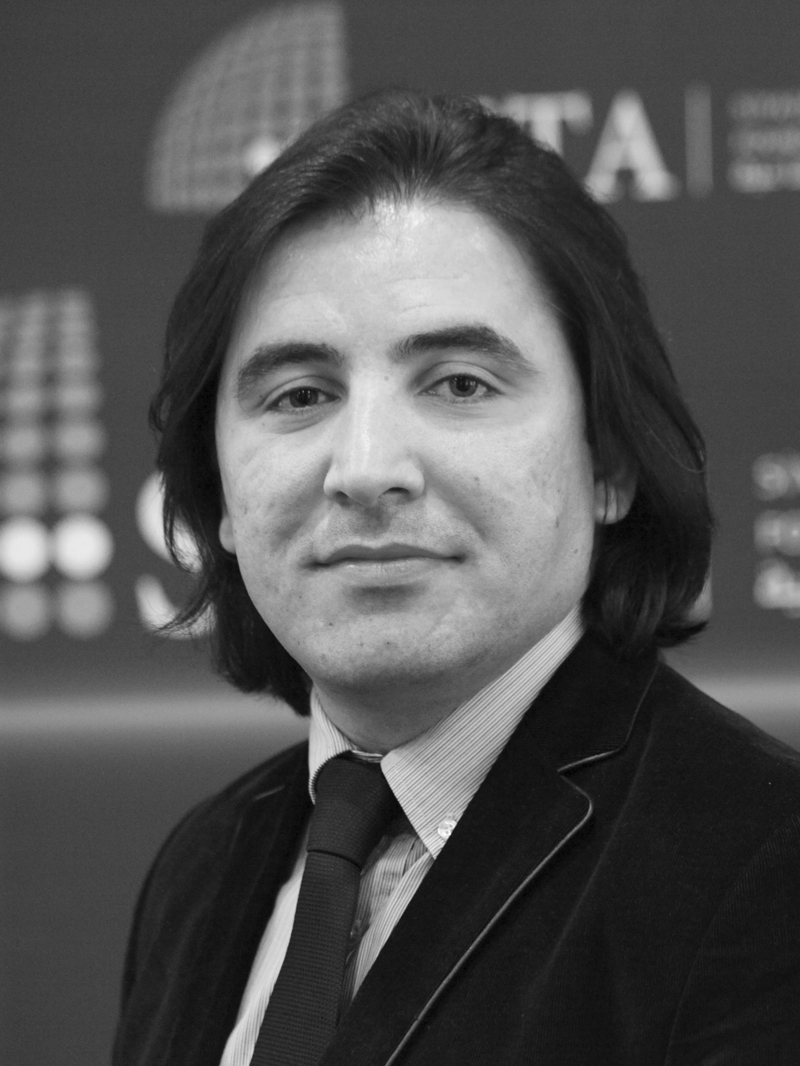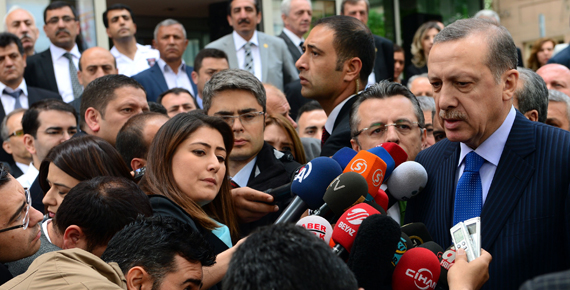Conceiving of the Kurdish issue in political terms - rather than security ones - represents the third and final phase of de-securitisation politics in Turkey, which is an indication of the growing normalisation of the country.
Since the beginning of 2013, Turkey's political agenda has been dominated by the Kurdish peace process initiated through negotiations between the Kurdistan Workers' Party's (PKK) incarcerated leader, Abdullah Ocalan, and the chief of Turkey's National Intelligence Organisation (MIT), Hakan Fidan. So far, the process has progressed smoothly. Some important milestones have been reached. First, a ceasefire has effectively been in place since the start of negotiations. Second, on March 21 - a symbolic day, Newroz, celebrated to mark the beginning of spring in Mesopotamia and Central Asia - a letter written by Ocalan was read aloud to a crowd of one million gathered in Diyarbak?r - the largest Kurdish city in southeastern Turkey - to celebrate the day.
In his letter, Ocalan declared two things: first, the PKK seeks a solution to the Kurdish issue within Turkey's borders and through further democratisation. Second, the era of armed struggle has come to an end. In the new era, the struggle for Kurdish rights will be advanced through political means. To that end, Ocalan called upon PKK members to withdraw from Turkey in order to demonstrate their commitment to the peace process and clear the way for further negotiations and democratisation steps. The PKK leadership in the Qandil mountains in Iraq responded positively. They held a press conference on April 25, 2013 in which they declared that the withdrawal would commence on May 8, 2013. Withdrawal from Turkey constitutes the first of a three-phased process. In the second phase, the government will undertake legal, constitutional, and democratisation steps, and the third phase will focus on the reintegration of PKK members into society.
The speed and nature of the process have puzzled many people, both inside and outside Turkey. That Turkey attempts to solve its most intractable issue through open political dialogue - and with no serious public backlash to date - has further surprised many.
To comprehend this thoroughly, one needs to analyse carefully Ocalan's message and then situate this latest initiative within a historical context, starting from 2002. Among all of Ocalan's statements, his pronouncements that the era of armed struggle is over and that any solution will be sought within the boundaries of Turkey - effectively renouncing any irredentist claims - are the most important ones. These two messages alone illustrate Ocalan's transformed mindset in seeing the Kurdish issue strictly through political, not security, terms. It is unlikely that Ocalan's view would have evolved unless he perceived a similar trend of de-securitising the Kurdish issue among Ankara's political elite. In fact, de-securitisation politics in Turkey did not begin with the Kurdish issue; rather, it marks the latest phase of broader de-securitisation politics that have defined Turkey's political landscape over the last decade. The process began with geography - the Middle East - and extended later to ideology - Islamism. With the Kurdish peace process, the de-securitisation process now extends in its final phase to identity - Kurdishness.
NATION-STATE BUILDING AND POLITICS OF SECURITISATION
After the break-up of the Ottoman Empire, and the establishment of modern Turkey, the republican elites embarked on a process of fashioning a cohesive nation-state. This project required significant social engineering, and maintenance of it depended on the guardianship of a military-bureaucracy alliance. The main tenets of this newly crafted idea of nationhood were Turkishness, laicism, and Western orientation.
From this perspective, Kurds - the largest non-Turkish ethnic group in Turkey - have been regarded as a potential threat to Turkishness, and thus to the territorial integrity of the state. Islamist ideology had been perceive









